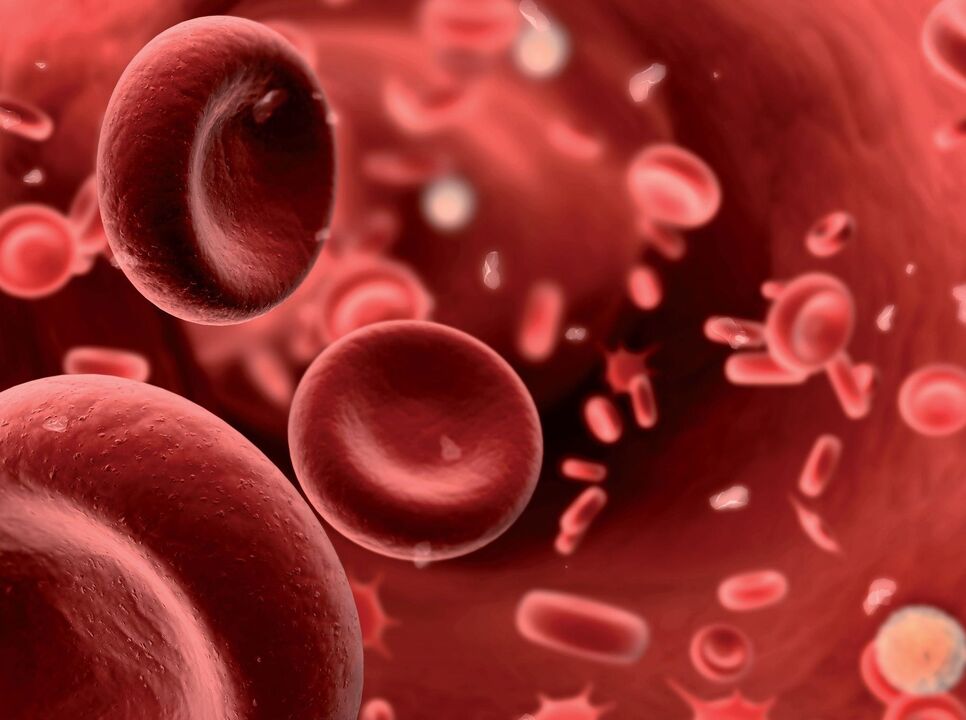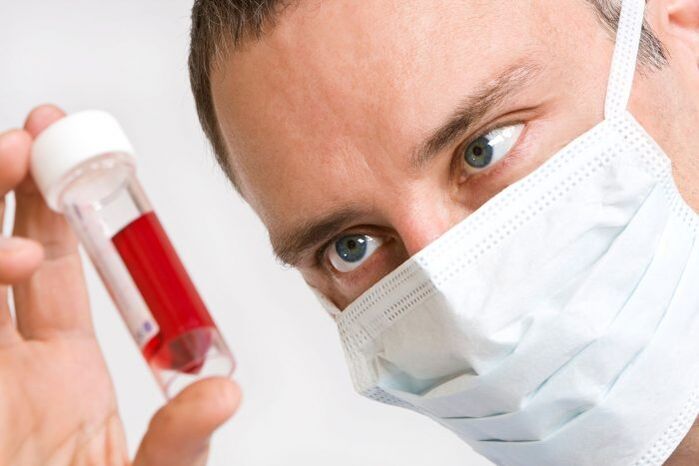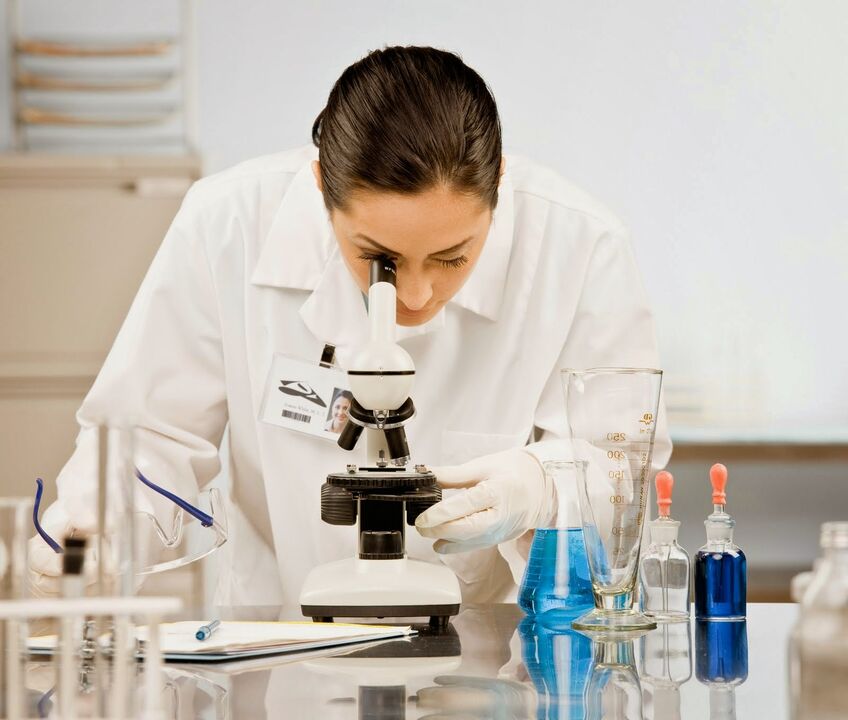There are situations where a test needs to be done but the person is drinking. Accordingly, the question arises as to whether it is possible to drink alcohol before donating blood. First, people are not interested in rumors, but in what authentic scientific studies say about the effects of alcohol on blood tests.
Alcohol and blood composition
You should know that alcohol affects all the organs and systems in the body as it is immediately absorbed into the bloodstream and changes its composition. This is the main reason why alcohol affects blood tests and changes indicators.
That’s why if you want to get an accurate result and drink the day before, you need to think about whether you can donate blood after alcohol and, if possible, postpone the blood donation for two to three days. Of course, the effect of alcohol on blood tests may be small, and in some cases the indicators do not change much: much depends on the individual characteristics of the body, the amount consumed, the type of analysis, and the type of alcohol. But it’s still better not to take risks: if the analysis is paid, you could lose serious money.

And if that’s more or less clear with vodka, then when it comes to a low-alcohol drink, in order for an alcohol lover to understand if you can drink beer before taking it, you need to understand exactly how to drink alcohol before testing. affects the body. To do this, you need to know how alcohol affects your metabolism and other processes.
Clinical blood test
Alcohol causes the body to dry out, which causes the blood to thicken. This leads to a general blood test showing an increase in the number of false leukocytes, erythrocytes, platelets, if not their number but the amount of water in the blood has changed.
There may be other pictures. For example, excessive alcohol consumption reduces the level of white blood cells in the blood. This is due to the fact that immune cells are killed in the fight against toxins, causing the leukocyte count to fall below normal. The fewer white blood cells in the blood, the harder it is for the body to cope with infections.

Of course, consuming one or two doses of alcohol is unlikely to negatively affect the functioning of the immune system. But drinking a lot of alcohol is a whole other story. If a person feels drunk for a while after drinking, this is an accurate sign of damage to the immune system. This amount of alcohol creates a nutrient deficiency that weakens the immune system. And all this can display the analysis.
Alcohol also has a negative effect on red blood cells: they stick together. Because of this, red blood cell nodules are often unable to pass through narrow blood vessels and prevent blood flow in the capillaries. This significantly reduces the supply of oxygen to the tissues and the cells of the body start starving for oxygen. This negatively affects health status and the analysis accordingly.
Biochemical analysis
Alcohol should not be drunk during any blood test, including analysis of plasma biochemical composition. This information is needed by your doctor to get information about the normal functioning of your kidneys, liver, heart, and other important organs.
Indicators for biochemical blood testing include testing for enzymes, proteins, hormones, electrolytes, glucose, potassium, sodium, chlorine, carbon dioxide, and other substances. Excessive or accidental drinking can lead to upset of the acid-base balance and alter the levels of all indicators, which affects the results of the analysis.

Alcohol consumption negatively affects the functioning of the cardiovascular system. Therefore, if your doctor prescribes tests to diagnose your work, the results will be negative. For example, if we talk about how alcohol affects total cholesterol (needed to create brain tissue, nerve cells, hormones), then alcohol increases blood levels no less than animal fats.
Although the body needs cholesterol, excessive amounts of it can cause heart disease because it causes atherosclerosis.
Another type of blood test that is heavily influenced by alcohol consumption is liver function tests. It basically measures whether the enzymes it produces have deviated from the norm. Their post-alcohol count can be increased or decreased depending on the condition of the liver.
After drinking alcohol, the level of ammonia in the blood, which is the end product of protein metabolism, rises. It is then passed through a portal vein into the liver where it is converted to urea. The levels of this toxic substance greatly affect the acid-base balance and brain function. Alcohol consumption increases the amount of this toxin in the blood and poisons the tissues.
Hormones and alcohol
If someone drinks alcohol before taking a blood test for hormones, the result will be unreliable. The fact is that hormones are chemicals that regulate and coordinate the activities of all tissues and organs. Each is secreted by a certain gland and enters the target cell after it enters the bloodstream.
For the hormonal system to function normally and the tissues to respond properly, the amount of hormones in the blood must be normal at all times. Alcohol consumption significantly disrupts the function of hormone-producing glands, which has a negative effect on health. Therefore, if a person drinks before donating blood, the functioning of the hormonal system is disrupted, which is also shown in the test results. Therefore, the answer to the question of whether alcohol can be drunk before adding blood to hormones is no.

One example of the effect of alcohol on the hormonal system is the effect of sex on sex hormones. The most important of these are two groups of hormones - androgens and estrogens. These hormones affect puberty and the different manifestations of secondary and primary sexual characteristics in men and women (hair growth, breast development, menstrual cycle, fertility).
Alcohol has a negative effect on all of these processes, which affects the results of the analysis and the answer to whether alcohol can be drunk before donating blood. If you consume alcohol continuously, impotence and infertility often develop.
alcohol and glucose
If you need to give blood for sugar (glucose), you need to know that although it is not a hormone, it is clear that two other hormones, insulin and glucagon, are produced by the pancreas. The fact is that glucose is the body’s main source of energy that allows cells to grow and develop.
Hormones in the pancreas, as well as the adrenal gland and pituitary gland, regulate and maintain normal blood sugar levels. For example, insulin is responsible for delivering glucose to every cell in the body. Its work is particularly important for the activity of the brain, as it does not store glucose but is completely dependent on the supply of this substance by the blood.

Alcohol disrupts the function of all these glands, causing the metabolism of glucose to slow down and its levels to be below normal. But you can also jump in a big direction. In chronic alcoholics, for example, on the contrary, blood glucose levels rise, causing the receptors to become less sensitive to insulin.
In any case, the deviation of sugar from the norm is an alarming sign. That’s why if someone gives you blood sugar after drinking alcohol, your doctor may suspect you have diabetes.
When to take it
Thus, it is clear that alcohol, which has a negative effect on the work of many organs and systems, is the reason why a blood test gives a negative result, causing the doctor to sound the alarm. How long your organization operates depends on:
- how much time has passed since the last dose was taken;
- how much he drank;
- How much do you usually drink?
In the case of a glass of wine, you can add blood for general analysis in one day. If a biochemical or other analysis requiring more thorough preparation is required, analysis may be allowed after three days. In case of heavy alcohol consumption, it should be tolerated for a longer period before the tests are performed. It is better to wait two weeks to get the most accurate data.
























